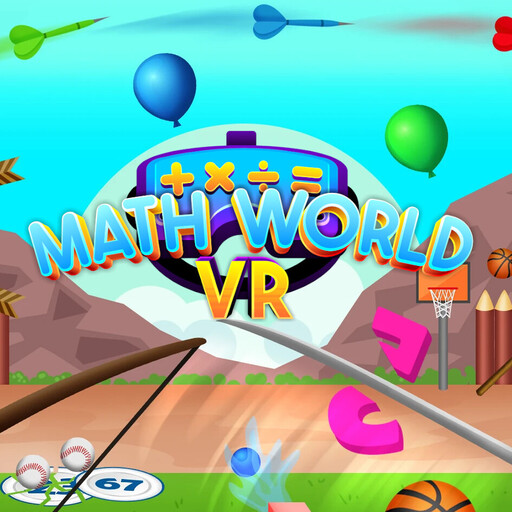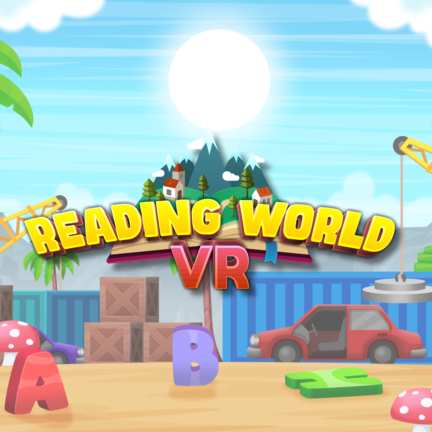Video games have always been a form of entertainment. Recently they have also become a valuable tool, for education. This shift has led to an increased interest in understanding what makes a video game educational. Lets explore the aspects that make a video game educational, what makes it educative, and how they can contribute to learning.
The Essence of Learning Through Games
An educational video game is a video game designed to provide learning or training value to the player. These games, often referred to as “edutainment,” merge the fun and engagement of video games with aspects of educational software. They are not typically structured towards school curricula and may not involve educational advisors. However, they can play a significant role in the school curriculum for teachers who seek to deliver core lessons, reading, and new skills in a more engaging and interactive manner.
Classifying of Educational Video Games
We can classify video games into two categories that make them educative. Firstly there are edutainment games that present subject matter, in an linear manner. These games incorporate the content into a gaming experience. Making learning more enjoyable and less repetitive. They often include quizzes, puzzles or tasks related to the subject matter offering a way for learners to reinforce their understanding and apply what they’ve learned.
The second category focuses on encouraging thinking and problem solving skills through engaging experiences that don’t follow a path. These types of games often present players with scenarios and challenges requiring them to think outside the box, strategize, and make decisions. They provide an interactive learning environment that nurtures thinking and problem solving abilities.
Video Games in the Classroom
Video games have found their place in classrooms worldwide, offering a dynamic approach to learning while fostering essential technological skills. By immersing students in environments, video games can enhance the educational experience by making it more captivating and meaningful. They allow students to learn at their pace explore concepts and apply their knowledge in different contexts.
Research indicates that video games can enhance children’s abilities well as their emotional well being. This can lead to academic success. They have been shown to potentially improve memory retention, attention span, spatial skills and problem solving capabilities. Additionally they can foster motivation, perseverance and resilience – all of which are crucial for achieving goals.
Designing of Educational Games
When creating games that are educative, designers draw inspiration from gaming principles. Their aim is to make them both enjoyable and educational. Many of these games have been developed since the mid 1990s to align with school curricula effectively – thus enhancing learning experiences at home.
These games might also include learning systems that adjust the difficulty level or learning path based on how the player performs. This personalized approach, to learning ensures that each child’s abilities and pace are taken into account resulting in outcomes.
The Impact of Video Games on Learning
Video games structure problem-solving, allowing players to “fail up.” This concept means that even through failure, players build their identity and have fun, encouraging them to persist until they solve the problem. This process leads to productive failure, where each attempt brings progress and knowledge.
Wrapping Up
Essentially educational video games combine learning and entertainment. They foster engagement, interactivity, creative thinking and problem solving skills. The design and development of these games is what makes them educative. By offering a personalized, immersive and enjoyable learning experience they make education more accessible and appealing. As tools for learning gain prominence video games will increasingly play a role in education.








